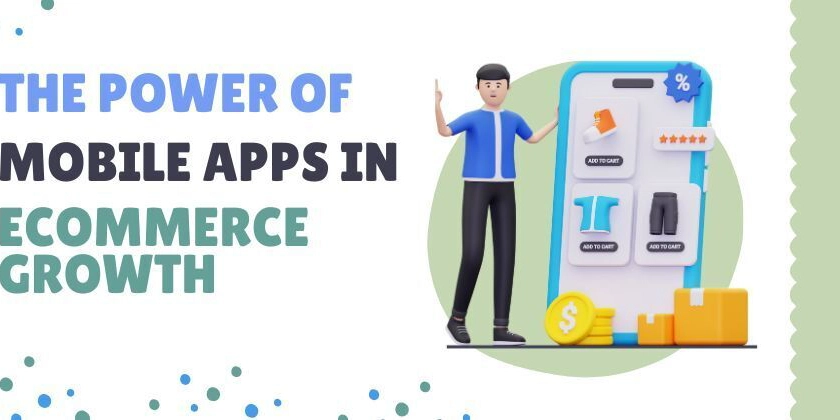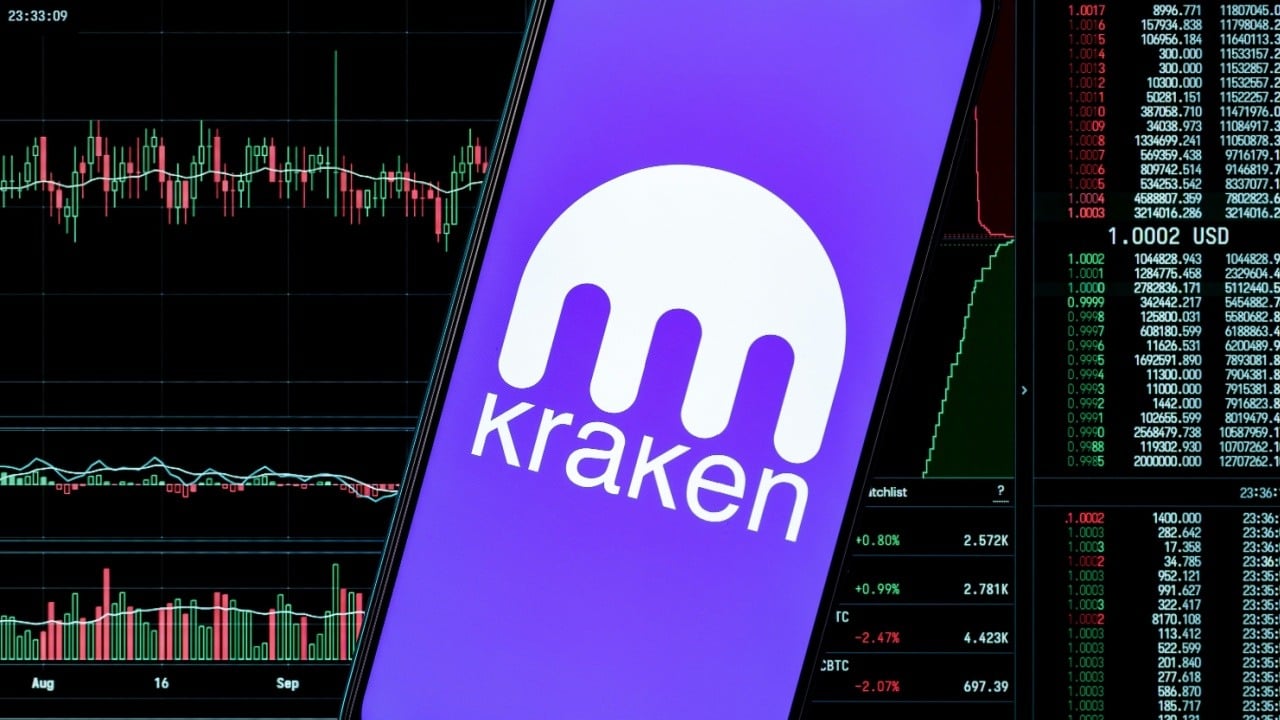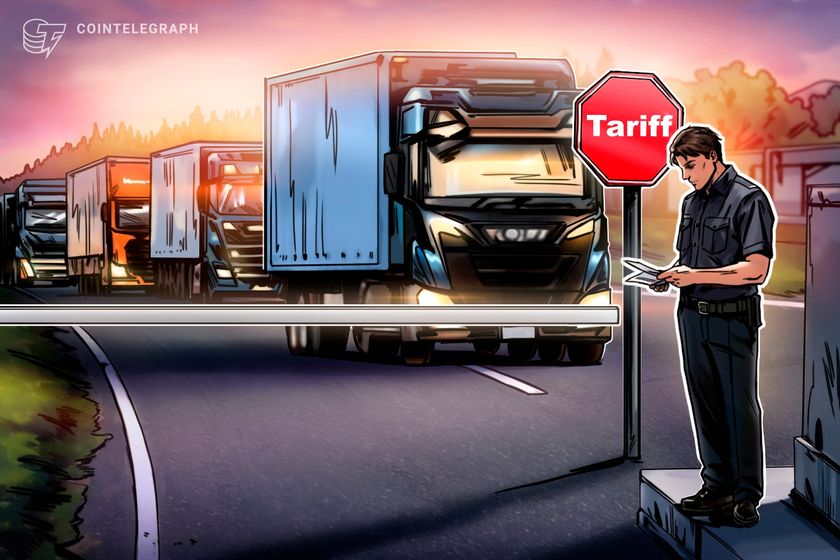The Power of Mobile Apps in Ecommerce Growth
Mobile apps are revolutionising the way people shop by enabling them to browse and purchase with just a few touches. But why are they so effective at promoting the expansion of e-commerce? In this article, you will learn how consumer behaviour is changing due to mobile commerce and why your company cannot afford to overlook this digital revolution. The Rise of Mobile Commerce The fact that mobile devices currently account for over 67% of global e-commerce transactions shows how prevalent smartphones have become in influencing consumers' online buying habits. Mobile applications are the preferred platform for today's online shoppers because they offer unparalleled convenience, speed, and personalisation, and consumers enjoy the ease of purchasing while on the go. Why Android Apps Dominate Ecommerce Android dominates the worldwide mobile ecosystem with a market share of over 71.77%, which makes it a popular option for e-commerce companies looking to reach a large audience. The development of Android apps is affordable, scalable, and backed by a large developer community. Android has been used by well-known online retail giants like Amazon, Flipkart, and Myntra to provide millions of users with smooth, high-performing shopping experiences. Many companies now choose to hire android app developers who are familiar with the nuances of the platform and user behaviour in order to remain competitive. Key Benefits of Mobile Apps for E-commerce Businesses Mobile apps are more than simply convenient tools; they are growth engines that improve user experience, raise engagement, and increase overall income. Higher Conversion Rates Conversion rates for mobile apps are 130% greater than those for mobile websites. Customers are more likely to make purchases quickly and easily when there are speedier load times, easy navigation, and remembered user preferences. By reducing friction, a well-optimized software encourages users to make more purchases and abandon carts less frequently. Increased Average Order Value Because users of e-commerce apps typically spend more time and explore more products, e-commerce apps regularly result in a higher average order value. Larger transaction amounts and increased profitability are the results of features like upselling, cross-selling, and customised bundles based on user behaviour. Customer Loyalty and Engagement Recurring business is greatly aided by push notifications, loyalty plans, in-app incentives, and customised purchasing experiences. Over time, mobile applications foster deeper brand loyalty by facilitating direct communication with users and promoting continued involvement. Valuable Customer Insights Rich information on consumer behaviour, including session length, browsing patterns, and conversion paths, are available through mobile apps. E-commerce companies may use this information to improve app performance, create tailored marketing campaigns, and make more informed, data-driven decisions. Future Trends in Mobile E-commerce According to projections, mobile commerce will account for 73% of worldwide e-commerce sales over the next two years, establishing it as the dominant force in the e-commerce space. Companies that put a high priority on mobile-first strategies now will dominate the market tomorrow. Mobile app experiences are already being revolutionised by emerging technologies like AR-enabled virtual try-ons and AI-powered personalisation. These developments help organisations create richer, more engaging shopping experiences that increase conversions and customer satisfaction in addition to improving usability. Long-term success in the e-commerce industry will depend on maintaining an advantage with clever, technologically advanced mobile apps as customer expectations change. Conclusion By increasing conversions, increasing consumer loyalty, and facilitating seamless purchasing experiences, mobile apps have completely changed the e-commerce scene. They undoubtedly play a part in boosting company expansion. The time has come for companies to engage in mobile app development in order to remain competitive and satisfy growing customer expectations. Your e-commerce success depends on a well-designed app, which is more than just a function.

Mobile apps are revolutionising the way people shop by enabling them to browse and purchase with just a few touches. But why are they so effective at promoting the expansion of e-commerce? In this article, you will learn how consumer behaviour is changing due to mobile commerce and why your company cannot afford to overlook this digital revolution.
The Rise of Mobile Commerce
The fact that mobile devices currently account for over 67% of global e-commerce transactions shows how prevalent smartphones have become in influencing consumers' online buying habits.
Mobile applications are the preferred platform for today's online shoppers because they offer unparalleled convenience, speed, and personalisation, and consumers enjoy the ease of purchasing while on the go.
Why Android Apps Dominate Ecommerce
Android dominates the worldwide mobile ecosystem with a market share of over 71.77%, which makes it a popular option for e-commerce companies looking to reach a large audience.
The development of Android apps is affordable, scalable, and backed by a large developer community. Android has been used by well-known online retail giants like Amazon, Flipkart, and Myntra to provide millions of users with smooth, high-performing shopping experiences.
Many companies now choose to hire android app developers who are familiar with the nuances of the platform and user behaviour in order to remain competitive.
Key Benefits of Mobile Apps for E-commerce Businesses
Mobile apps are more than simply convenient tools; they are growth engines that improve user experience, raise engagement, and increase overall income.
Higher Conversion Rates
Conversion rates for mobile apps are 130% greater than those for mobile websites. Customers are more likely to make purchases quickly and easily when there are speedier load times, easy navigation, and remembered user preferences. By reducing friction, a well-optimized software encourages users to make more purchases and abandon carts less frequently.
Increased Average Order Value
Because users of e-commerce apps typically spend more time and explore more products, e-commerce apps regularly result in a higher average order value. Larger transaction amounts and increased profitability are the results of features like upselling, cross-selling, and customised bundles based on user behaviour.
Customer Loyalty and Engagement
Recurring business is greatly aided by push notifications, loyalty plans, in-app incentives, and customised purchasing experiences. Over time, mobile applications foster deeper brand loyalty by facilitating direct communication with users and promoting continued involvement.
Valuable Customer Insights
Rich information on consumer behaviour, including session length, browsing patterns, and conversion paths, are available through mobile apps. E-commerce companies may use this information to improve app performance, create tailored marketing campaigns, and make more informed, data-driven decisions.
Future Trends in Mobile E-commerce
According to projections, mobile commerce will account for 73% of worldwide e-commerce sales over the next two years, establishing it as the dominant force in the e-commerce space. Companies that put a high priority on mobile-first strategies now will dominate the market tomorrow.
Mobile app experiences are already being revolutionised by emerging technologies like AR-enabled virtual try-ons and AI-powered personalisation. These developments help organisations create richer, more engaging shopping experiences that increase conversions and customer satisfaction in addition to improving usability.
Long-term success in the e-commerce industry will depend on maintaining an advantage with clever, technologically advanced mobile apps as customer expectations change.
Conclusion
By increasing conversions, increasing consumer loyalty, and facilitating seamless purchasing experiences, mobile apps have completely changed the e-commerce scene. They undoubtedly play a part in boosting company expansion.
The time has come for companies to engage in mobile app development in order to remain competitive and satisfy growing customer expectations. Your e-commerce success depends on a well-designed app, which is more than just a function.




























![[Webinar] AI Is Already Inside Your SaaS Stack — Learn How to Prevent the Next Silent Breach](https://blogger.googleusercontent.com/img/b/R29vZ2xl/AVvXsEiOWn65wd33dg2uO99NrtKbpYLfcepwOLidQDMls0HXKlA91k6HURluRA4WXgJRAZldEe1VReMQZyyYt1PgnoAn5JPpILsWlXIzmrBSs_TBoyPwO7hZrWouBg2-O3mdeoeSGY-l9_bsZB7vbpKjTSvG93zNytjxgTaMPqo9iq9Z5pGa05CJOs9uXpwHFT4/s1600/ai-cyber.jpg?#)











































































































































![[The AI Show Episode 144]: ChatGPT’s New Memory, Shopify CEO’s Leaked “AI First” Memo, Google Cloud Next Releases, o3 and o4-mini Coming Soon & Llama 4’s Rocky Launch](https://www.marketingaiinstitute.com/hubfs/ep%20144%20cover.png)





























































































































![[FREE EBOOKS] Machine Learning Hero, AI-Assisted Programming for Web and Machine Learning & Four More Best Selling Titles](https://www.javacodegeeks.com/wp-content/uploads/2012/12/jcg-logo.jpg)








































































![Rogue Company Elite tier list of best characters [April 2025]](https://media.pocketgamer.com/artwork/na-33136-1657102075/rogue-company-ios-android-tier-cover.jpg?#)








































































_Andreas_Prott_Alamy.jpg?width=1280&auto=webp&quality=80&disable=upscale#)





























































































![What’s new in Android’s April 2025 Google System Updates [U: 4/18]](https://i0.wp.com/9to5google.com/wp-content/uploads/sites/4/2025/01/google-play-services-3.jpg?resize=1200%2C628&quality=82&strip=all&ssl=1)










![Apple Watch Series 10 Back On Sale for $299! [Lowest Price Ever]](https://www.iclarified.com/images/news/96657/96657/96657-640.jpg)
![EU Postpones Apple App Store Fines Amid Tariff Negotiations [Report]](https://www.iclarified.com/images/news/97068/97068/97068-640.jpg)
![Apple Slips to Fifth in China's Smartphone Market with 9% Decline [Report]](https://www.iclarified.com/images/news/97065/97065/97065-640.jpg)


































































































































